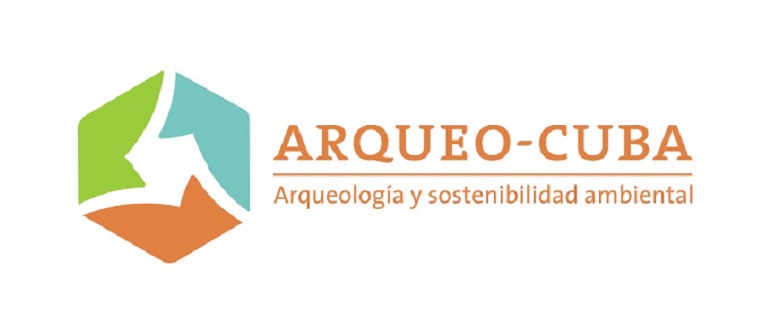
From 20 March to 5 April, the mission to Cuba (Havana-Matanzas) was carried out as part of the project ARQUEO-CUBA archeology and environmental sustainability for territorial cooperation to combat climate change (AID012314/01/7), funded by the Italian Agency for Development Cooperation AICS Tender “Territorial Bodies 2019”.
The ARQUEO-CUBA project, launched in 2021, aims to increase knowledge and awareness of the natural and historical territory of the target areas in sites between Cuba and Italy. Among the final objectives it is intended to enhance the educational, informative and expressive offers of the territory.
Two weeks of meetings, workshops, visits and inspections to concretely contribute to the design of a management model for the two Cuban target sites chosen as an object of experimentation, starting with the Polvorin San Antonio site and the Aboriginal site of Guasabacoa in Cayo Blanco in the Baia de L’Avana.
The Directorate General of Education, Research, and Cultural Institutes and Sapienza University of Rome, Department of Environmental Biology - Botanical Garden, take care in particular:
- focus on the connection of archaeological parks with the urban and extra-urban environment and on energy-environmental aspects
- Proposals in the target sites of nature based solutions and solutions based on renewable energies; sharing of good practices related, for example, to "energy communities", including the issue of the waste route and wastewater disposal.
- Sharing of MIC projects based on experiences of participation and dissemination in the Italian cultural heritage.
- The development of the theme "From analysis, to knowledge, to design: solutions based on nature for the enhancement and use of target places" with reference to the themes of education to cultural heritage and environmental interpretation for the enhancement and use of the target sites.
Furthermore, the School of Cultural Heritage and Activities Foundation, during the mission, takes care of the laboratory "Managing, participating", a training course which, proceeding from the analysis of case studies and best practices, leads to a shared reflection for the design of an archaeological park founded on the principles of sustainability, accessibility and participation.
The project is revealing the great potential offered by a synoptic and superimposed reading of the historical and natural aspects, thus opening up numerous paths of Sustainable Development in cultural heritage and combat climate change.
Partners
The partner involved, Italian and Cuban, are: City of San Felice Circeo (sponsoring entity), ARCS Arci Culture Solidarity, Dipartimento Biologia Ambientale – Università Sapienza, the Directorate General for Education, Research, and Cultural Institutes of the Ministry of Culture, School of Cultural Heritage and Activities Foundation, Oficina del Conservador de la Ciudad de Matanzas (OCCM), Oficina del Historiador de la Ciudad de la Habana (OHcH).
